Most people I know love their fur babies like children. Not surprisingly, when that beloved cat or dog dies, it can be profoundly devastating.
Unfortunately, it's the nature of pet ownership to lose your beloved fluff ball. The average human will live eight decades, but a dog's lifespan is much shorter.
According to the American Kennel Club, dogs live for an average of 10 to 13 years, depending on the breed.
That means that every human who welcomes a sweet pup into the family will have to eventually face the tricky proposition of losing a furry best friend.
There are lots of beautiful ways to memorialize your dog after he crosses the rainbow bridge, but that isn't necessarily comforting in the days immediately before and after a pooch passes on.
In fact, it can be really hard to prepare for that moment.
That's why we put together a list of important things all pooch-owners should know for the day their beloved dog dies.
#1: The Grief Will Hit Hard
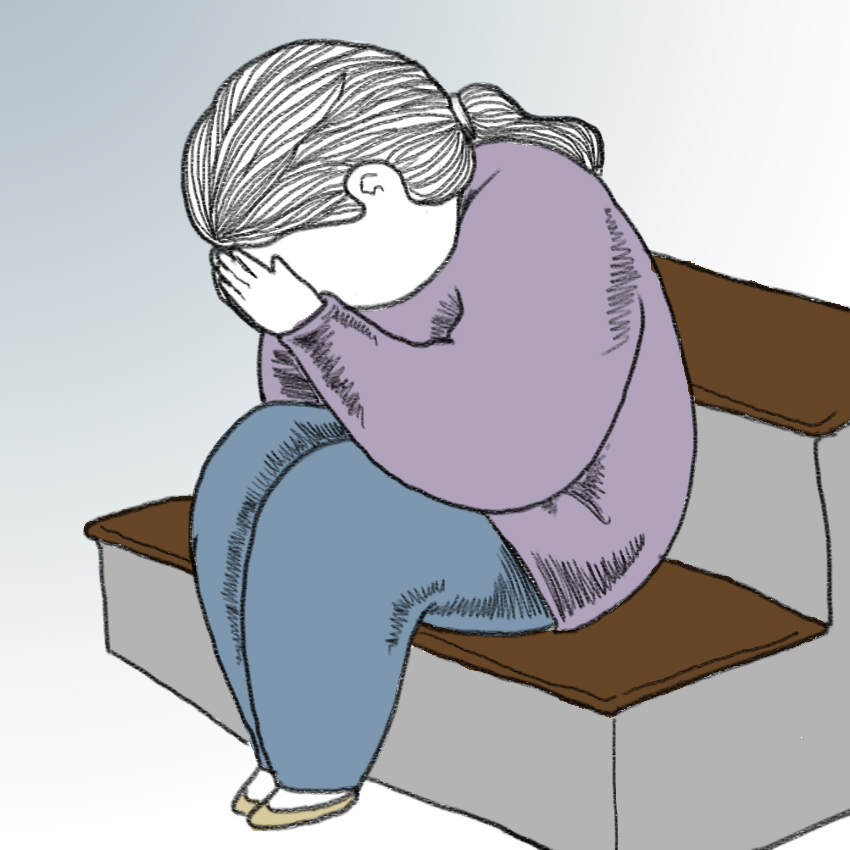
You might be surprised by how hard you are hit by grief.
It's easy to think that you will be able to cope with the death of your pet, but people often discover that they are just as devastated by the loss of their dog as they would be by any death.
Even though humans know intellectually that they'll have to say goodbye to their beloved dogs eventually, it doesn't make it any easier to face the reality.
#2: You Might Feel Guilty
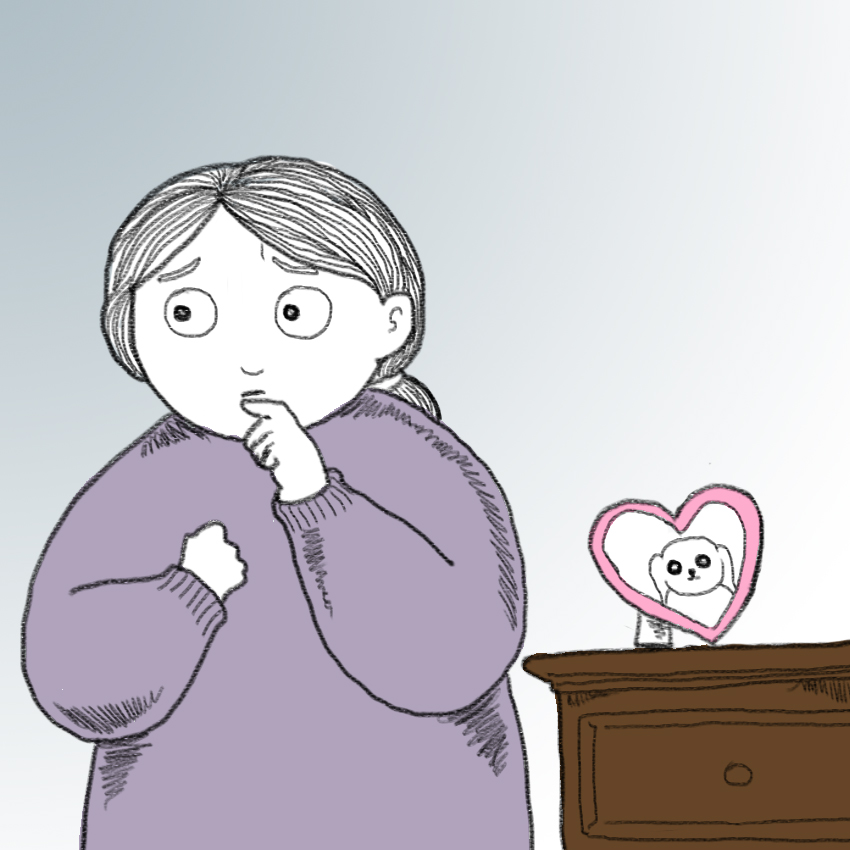
Guilt is a totally normal emotion to experience as you're processing your loss and grief, but people are sometimes taken aback by how strongly they blame themselves.
People worry that perhaps there was something more they could have done early, they worry that they made the wrong decision, or that they missed a sign that their pup was in pain or unwell.
These worries are totally normal, but try not to let them take you over. At some point, you have to trust that you did everything you could for your sweet pup, and he loved you for it.
#3: Your Vet Will Be More Of A Comfort Than You Expect
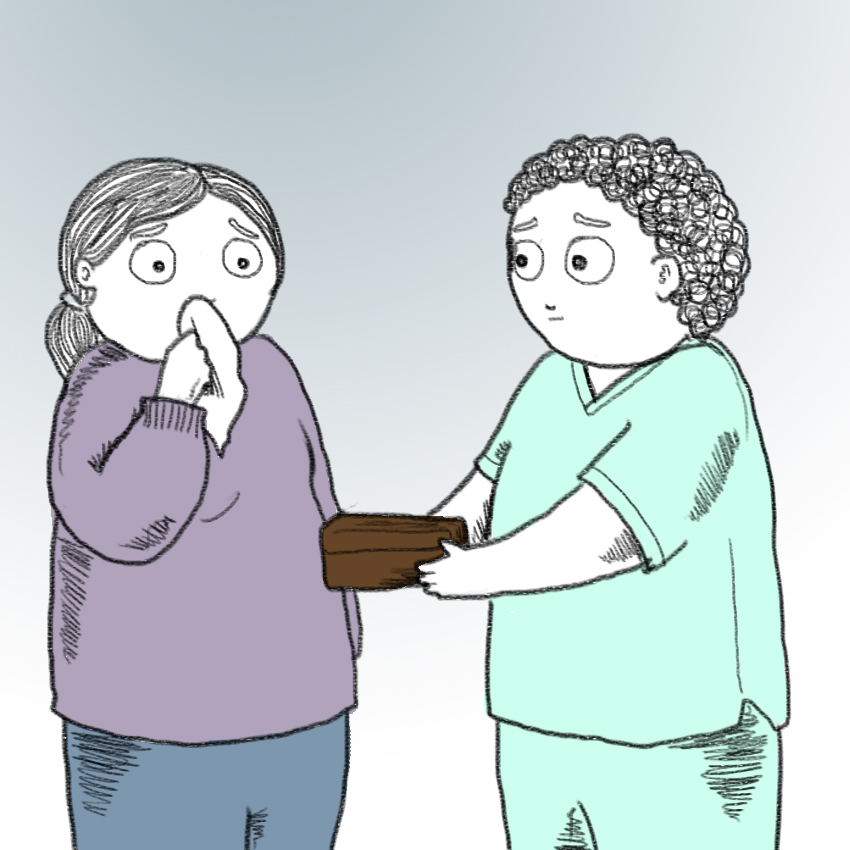
During your dog's lifetime, the veterinarian is just the person who gives your pup shots and diagnoses infections.
After you pup dies, the veterinarian might become your best friend for a while.
That's because vets see this kind of loss every day, and they often know exactly how to support and comfort a grieving pet parent.
Vets can also help you with details like figuring out how to lay your dog to rest; many vets offer cremation services and memorial boxes.
#4: Grief Can Spike Unexpectedly
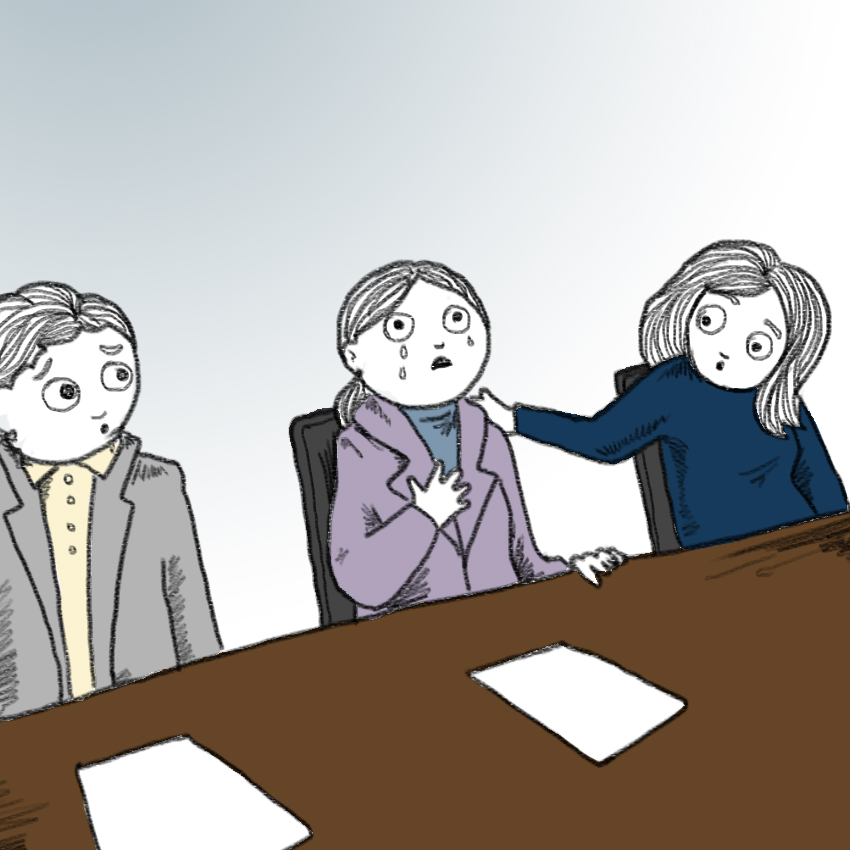
After you lose your dog, you'll probably spend a few days mourning before slowly starting to feel better.
When that happens, it's easy to think that the worst of your grief is behind you, though that often isn't the case.
Sometimes, grief will reemerge as fresh and painful as the day your dog died. Know that the grieving process is long and complex, and let it take its natural course.
#5: You Might Have To Make The Choice
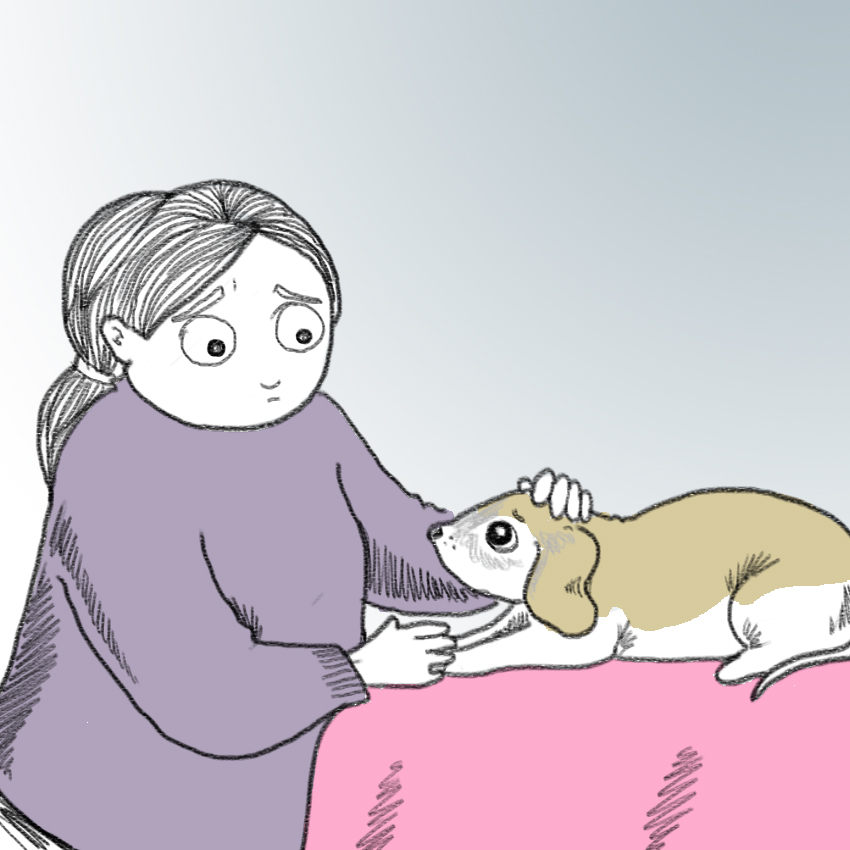
For many dog owners, the most difficult part of losing their pet actually comes before the pet passes on.
Many owners find themselves in the painful position of choosing to end the dog's life, and having him put to sleep.
When you adopt a dog, you have to be prepared for the possibility of making this choice.
If your dog is elderly, in pain, and unable to comprehend what's happening, it might be your responsibility to help him avoid unnecessary pain and suffering.
#6: It's Worth Asking For Paw Prints
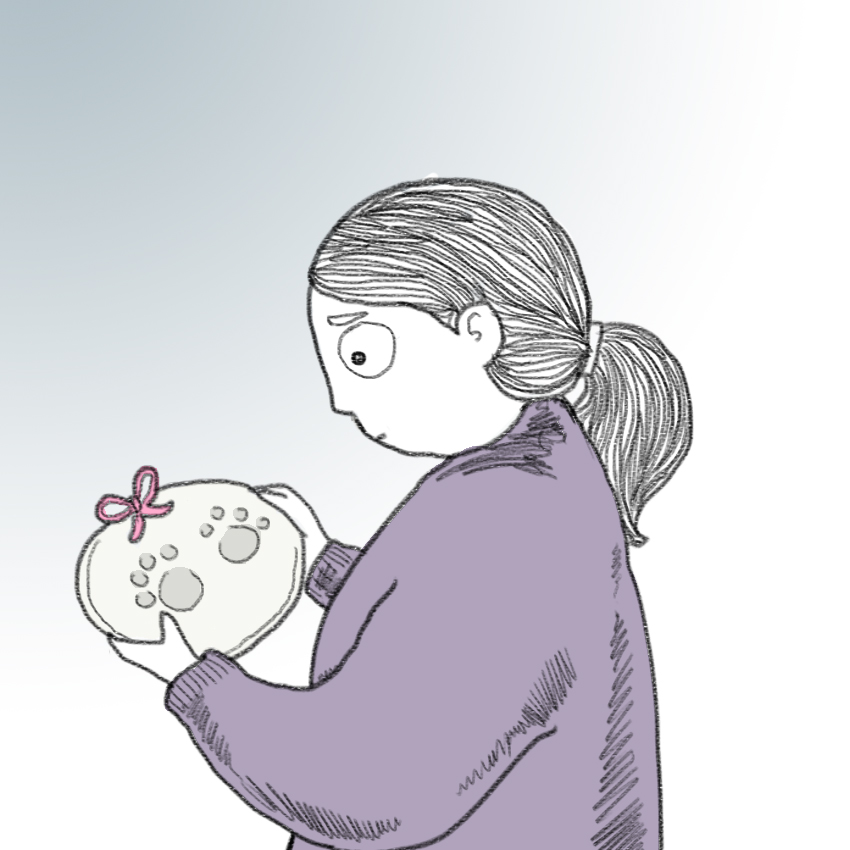
After your dog passes away, your vet will usually offer to help with the remains, often by cremation.
Before that happens, you might want to ask the vet to take your dog's paw prints for you.
Many vets are happy to help you through your goodbye by giving you one last memento of your beloved pup.
Even as you move on, having his paw prints is a lovely way to remember a loyal and beloved friend.
#7: If Possible, Be There
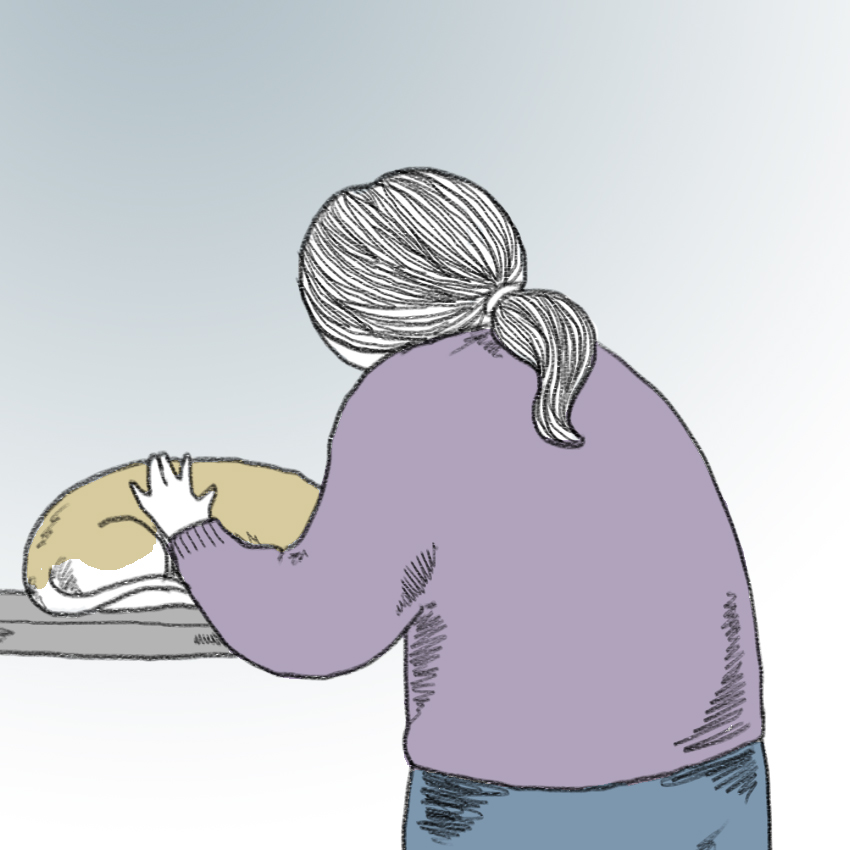
We don't always have a choice in how our dogs pass on.
If it's an accident or completely unexpected, you might not be with your dog at the end.
However, if you can choose to be with your dog, definitely do it, though it might be painful for you.
What's important is that your dog will feel loved and unafraid with you by his side holding his paw.
#8: Remember, You Gave Your Pup The Best Life
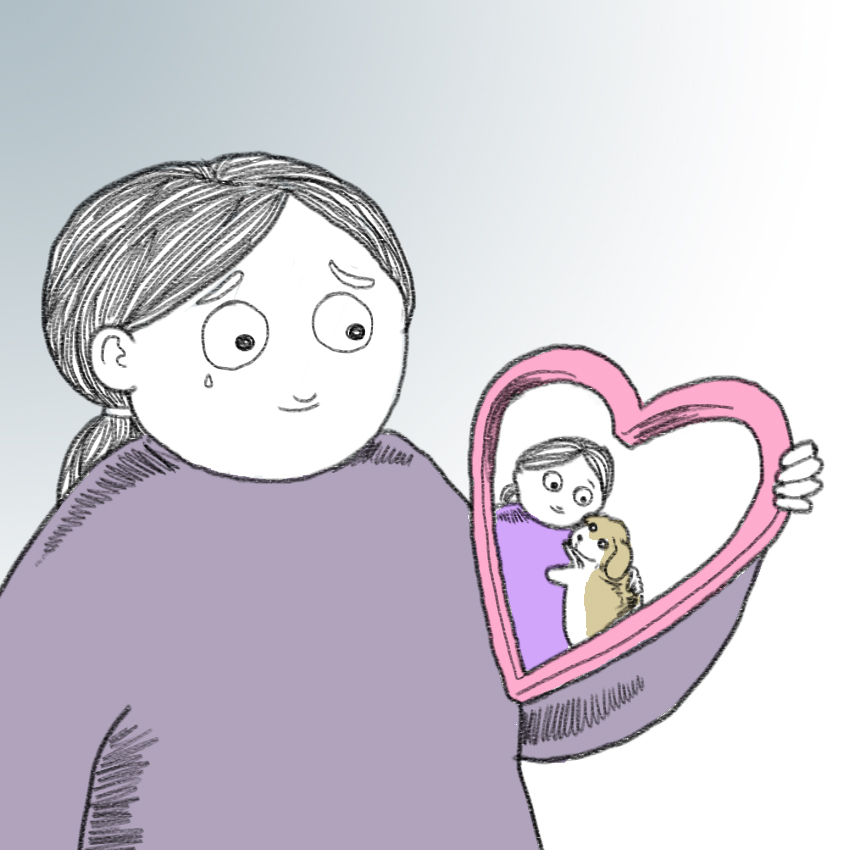
Eventually, as the weeks and months pass, you'll find yourself healing. You'll never stop loving and missing your dog, but you'll know that your pup is in a better place now.
Most important of all, you will know that, while he was here with you, you gave him the best life ever.
He loved you to pieces, and we bet he wouldn't have traded one second of the life the two of you had together.
If you still love every dog you ever had, be sure to SHARE this post for anyone who needs a little comfort right now.




